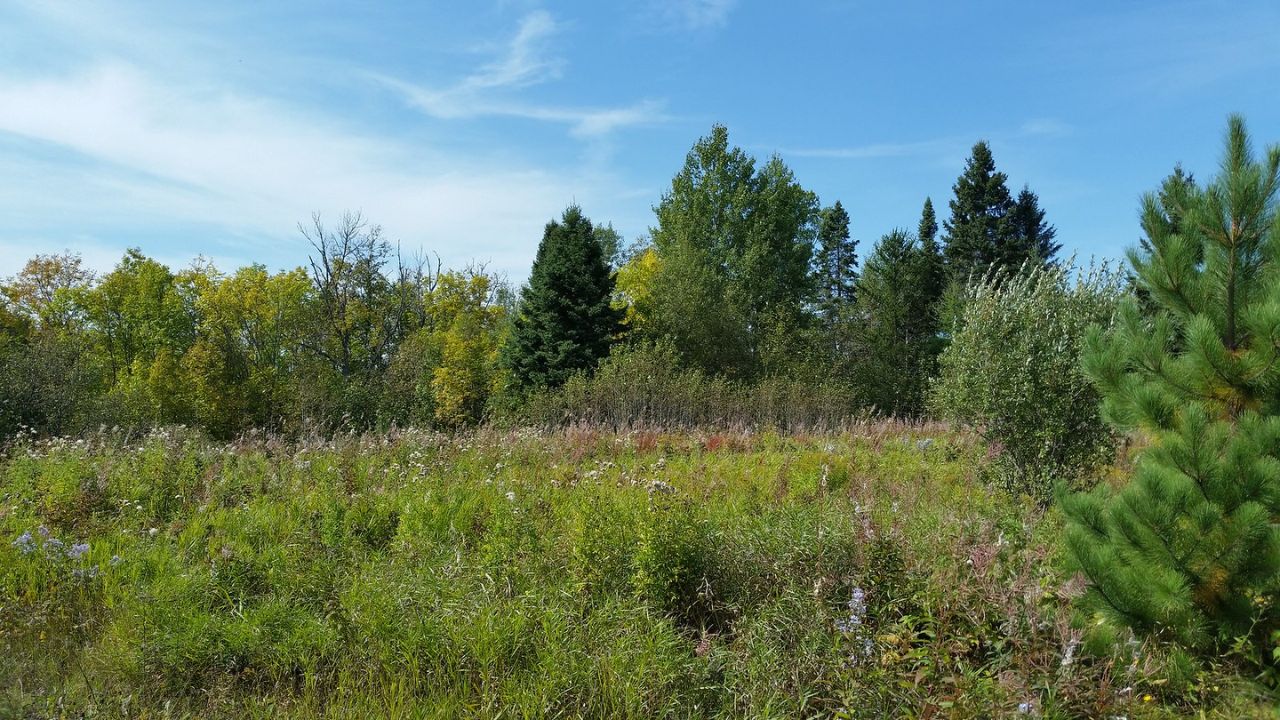Lost Logging Camps Of Minnesota’s St. Croix

Imagine wandering through the dense forests of Minnesota, where whispers of history linger among the towering trees. The lost logging camps of St. Croix offer a glimpse into a bygone era when lumberjacks braved harsh winters and rugged terrain to harvest the mighty pines. These camps, once bustling with activity, now stand silent, their stories waiting to be uncovered. As you trek through this historic landscape, you'll find remnants of old cabins, rusted tools, and overgrown trails that hint at the lives of those who once called these camps home. Each step through this forest is like turning a page in a forgotten book, revealing tales of hard work, camaraderie, and survival. Whether you're a history buff or just curious about the past, these hidden gems offer a unique adventure into Minnesota's rich logging heritage.
Discovering the Lost Logging Camps of Minnesota's St. Croix
Minnesota's St. Croix region is a treasure chest of history, especially when it comes to the logging industry. Hidden among the trees and rivers are remnants of old logging camps, each with its own story to tell. Let's take a journey back in time to uncover these forgotten places.
The Rise of Logging in St. Croix
In the late 1800s, the logging industry boomed in Minnesota. The St. Croix River became a bustling highway for logs, and camps sprang up along its banks. These camps were home to lumberjacks who worked tirelessly to harvest the towering pines.
Nevers Dam Camp
Once a hub of activity, Nevers Dam Camp played a crucial role in controlling the flow of logs down the St. Croix River. Though the dam is long gone, the area still whispers tales of its bustling past.Boom Site Camp
Located near Stillwater, this camp was a vital spot where logs were sorted and sent downriver. Today, visitors can explore the area and imagine the sounds of logs crashing into the water.
Life in the Logging Camps
Life in these camps was rugged and challenging. Lumberjacks faced harsh winters, long hours, and dangerous work. Yet, they built a unique community with its own traditions and camaraderie.
Marine on St. Croix Camp
This camp was known for its lively social gatherings. Lumberjacks would gather around campfires, sharing stories and songs after a long day's work.Franconia Camp
Nestled in the woods, Franconia Camp was a place of solitude and hard labor. The remains of old cabins and equipment can still be found, offering a glimpse into the past.
The Decline of the Logging Era
As the demand for timber decreased, many camps were abandoned. Nature slowly reclaimed these sites, leaving behind only traces of their existence.
Osceola Landing Camp
Once a thriving camp, Osceola Landing now serves as a peaceful spot for picnics and hiking. The echoes of axes and saws have faded, replaced by the rustling of leaves.Taylor's Falls Camp
Perched on the cliffs above the river, this camp offered stunning views and a strategic location for loggers. Today, it's a popular destination for history buffs and nature lovers alike.
Preserving the Legacy
Efforts are underway to preserve the history of these logging camps. Local historians and organizations work tirelessly to document and protect these sites for future generations.
St. Croix Boom Site Historical Park
This park offers interpretive trails and exhibits that tell the story of the logging industry. Visitors can learn about the impact of logging on the region and the people who lived and worked there.Minnesota Historical Society's Logging Museum
Located nearby, this museum provides a comprehensive look at the logging era. Artifacts, photographs, and interactive displays bring the past to life, ensuring the legacy of the logging camps endures.
Discovering Minnesota's Logging Legacy
Minnesota's St. Croix River Valley holds a rich history of logging camps that shaped the region's development. These camps, once bustling with activity, played a crucial role in the state's economic growth during the late 19th and early 20th centuries. Exploring these sites offers a glimpse into the lives of the loggers who braved harsh winters and rugged terrain to harvest timber. Today, remnants of these camps can still be found, providing a tangible connection to the past. Visiting these locations not only honors the hardworking individuals who contributed to Minnesota's heritage but also offers a unique opportunity to appreciate the natural beauty of the area. Whether you're a history enthusiast or simply curious about the past, the lost logging camps of the St. Croix River Valley offer a fascinating journey into a bygone era, reminding us of the enduring impact of this once-thriving industry.

